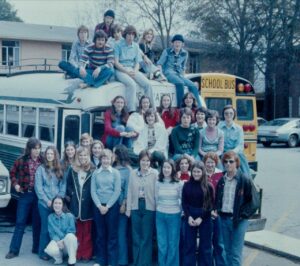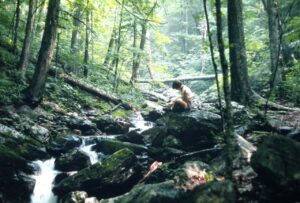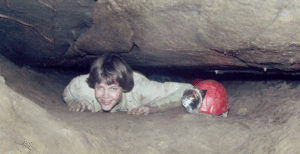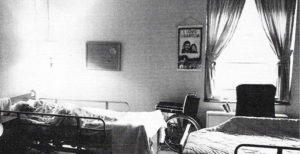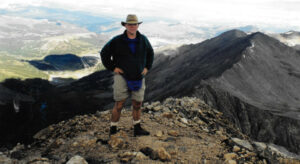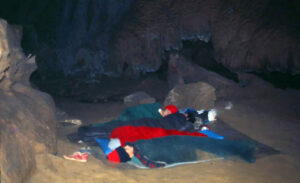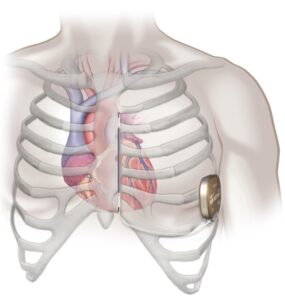
Credit: Boston Scientific
More than 200,000 pacemakers are implanted each year in the U.S. 70% go to patients over age 65, many of whom see improved quality of life and probably have their lives extended.
Recently, someone contacted me because she has a friend “who is struggling with the decision for her 93-year-old mother who has dementia regarding the insertion of a pacemaker.”
I am not a doctor and do not like to give medical advice, but I do have some questions for the family to ponder as they make this decision.
Questions:
- Did the patient ever indicate her feelings about life-prolonging medical procedures in the condition she now finds herself?
- How did the patient feel about her dementia?
- Is she happy with the state she finds herself in?
- What would you want if you were her?
- What would the patient think about living longer, knowing she will lose more of her mind and become more and more feeble?
- Has the family considered enrolling the patient in hospice and focusing on the comfort of the patient?
- Would the patient rather die than continue to decline into more memory loss?
Care of dementia patients at the end of life is personal for me
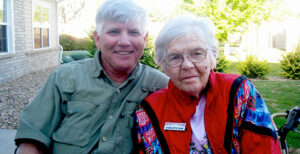
Hank and his mother at her memory care facility
I blogged previously about my parents’ deaths in “How Did Your Mom Feel About Her Dementia?” and “A Tale of Two Docs.”
Both of my parents died with dementia. We were always looking for procedures we could NOT do to allow a peaceful and sooner death. For example, we decided if either came down with pneumonia, we would not seek a cure but would keep them comfortable. My brother, sister, and I felt we handled their ends how THEY would have wanted.
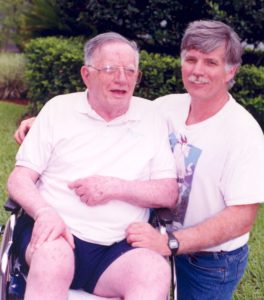
Hank with his nursing home resident father
After a year and a half in a memory care unit, my mother fell and fractured her pelvis. This is a known death sentence for a dementia patient. We didn’t even have her sent to the emergency room. The hospice doc ordered pain medication, and I flew from Virginia to Colorado to be with her.
After more than four years in a nursing home, declining from Parkinson’s and strokes, my father could no longer be hand-fed. There was NO discussion about a feeding tube. I flew to Tampa to be with him, where he died six days after his last intake of food or water.
Sometimes, questions are better than answers.
________________________
Chaplain Hank Dunn is the author of Hard Choices for Loving People: CPR, Feeding Tubes, Palliative Care, Comfort Measures and the Patient with a Serious Illness and Light in the Shadows. Together, they have sold over 4 million copies. You can purchase his books at hankdunn.com or on Amazon.

